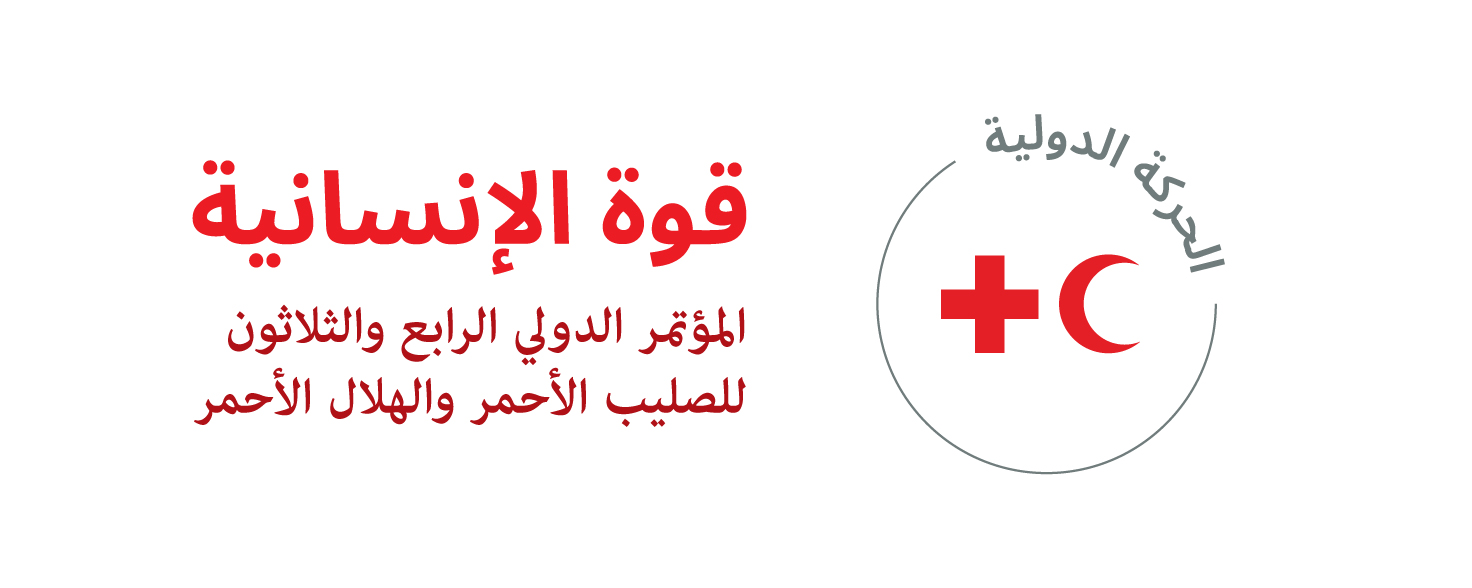الإجراءات المتخذة:
The second round of consultations between the Slovenian and German IHL committees were held in May 2021 and addressed, among others, the topic titled Attacks against Medical and Humanitarian Personnel and their Institutions from the perspective of Doctors without Borders.
The aim of this topic was to raise awareness of the importance of respecting IHL rules on the protection of medical and humanitarian personnel in armed conflicts.
The Doctors without Borders representative expressed concern about the numerous attacks (Afghanistan, Yemen, Syria, Nigeria and Libya) on healthcare and medical facilities (including those of Doctors without Borders), as well as on humanitarian personnel and patients, and about too many violations of IHL on the ground affecting the humanitarian space.
Tragically, parties to the conflict do not admit to any IHL violations (of the fundamental principles of IHL such as proportionality, precaution, distinction, necessity and non-discrimination). Instead, a “mistakes” narrative is used by the parties to justify the violations, which conceals the systemic problem of IHL erosion related to counter-terrorism frameworks. In non-international armed conflicts, counter-terrorism frameworks criminalise medical missions (which is protected by IHL), impacting people’s access to health care.
The Doctors without Borders representative proposed the following solutions:
- to advocate the ratification of, or accession to, Additional Protocol II of the Geneva Conventions,
- to recognise the application of IHL in non-international armed conflict (and to non-state armed groups),
- to establish facts and document violations of IHL,
- to dispatch independent and impartial investigation commissions on the ground as soon as possible,
- to ensure appropriate conditions for effective work of those commissions;
- to strengthen the systematic collection and analysis of data indicating violence against medical and humanitarian personnel,
- to include exemptions in counter-terrorism legislation,
- to exclude medical activities and impartial humanitarian activities and organisations from the scope of the application of counter-terrorism measures.
A few years ago, the Slovenian ministries of foreign affairs, defence and the interior established the Peacekeeping Operations Training Centre (POTC), which implements certified training and education for the military, police, civilian functional specialists and other civilian personnel prior to their deployment to peacekeeping operations and missions within the UN, EU, NATO and the OSCE.
The Centre organises training courses, such as work and life in a multicultural environment, protection of human rights, and cooperation with local personnel. The POTC has recently organised the Protection of Civilians Introductory Training Course for Civilian and Police Personnel. This course has underlined the importance of the protection of medical and humanitarian personnel, their establishments and transports in armed conflicts. Rapid health care and humanitarian assistance are essential for the survival of civilians in armed conflicts.



